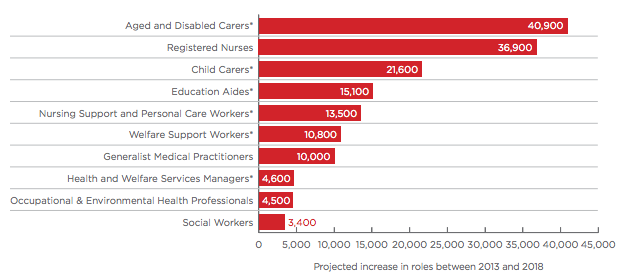A lot of people don’t really understand what disability care involves and what is involved in finding appropriate disability support. It is complicated and can involve many elements. However, a lot of the time, people can deal with these things by themselves. However, it is important to seek professional help for more complex or serious needs.
How residential aged care homes provide the safety and comfort your family needs
-
Home care for disabled people. For most people, the definition of disability care in the home includes independent living facilities and small private businesses that offer a full array of disability supports and equipment. These include
raised toilet seats (anti-slip tiles for bathrooms), self-clogging bathroom floors, grooming aids, dressing aids and jar openers. Independent living facilities are also available for the disabled person who lives alone. These facilities are usually smaller and provide more personal assistance for disabled people. For more specific or specialized disability care, the disabled person can also contact healthcare professionals.
How residential aged care homes provide the safety and comfort your family needs
This type of assistance is often provided either by a Lilydale NDIS or residential caregiver that serves the entire disability support services. The caregiver will work closely with the patient to meet their individual needs. Sometimes, the caregiver will have special training or skills in a specific area to help the disabled person. This is why many disability care professionals choose not to work with others. They are more able to provide personalized support.
However, this doesn’t mean that you can’t find similar assistance in the form of a disability care professional. Rather, these professionals can provide the necessary assistance to the disabled individual and their family. This can consist of several different aspects of daily living. A good example is a physical therapist who’s responsible for ensuring that the injured person is able to walk again. They will help with daily activities like getting out of bed and moving around.
Many disability carers have specific tasks that they will perform daily for disabled people. Some caregivers are responsible for cleaning the home. This means they’ll need to know how to remove all of the dust, clutter and debris, as well as what products are safe to use. Some disability carer will also be responsible for more difficult tasks, such as moving furniture.
Many disability carers also offer respite service. Respite is essentially short term assistance that allows the disabled person to still enjoy some social interaction. A person might ask for help when their child is ill, or at school. This type of respite allows the person to attend the event, without worrying about how they will get there or whether they will be safe.
A key part of disability treatment is the use of disability aids. There are many types of disability aids equipment that can make daily living more comfortable and independent. These include mobility chairs and canes, walkers, canes, and improvised mobility wheelchairs. Some disability aids equipment can even be considered life-saving devices. For example, a defibrillator can go a long way to restoring a person to full health or prevent a heart attack or stroke.
The essential role of disability carers is to ensure that those who are disabled can live independently and have an active and fulfilling life. By consulting with an independent Living Assistance Homecare provider, you can gain the insight you need to ensure that your carers are competent and compassionate. Independent Living Assistance Homes provides the personal care needed when a person needs help but is too scared to ask for it.

